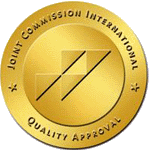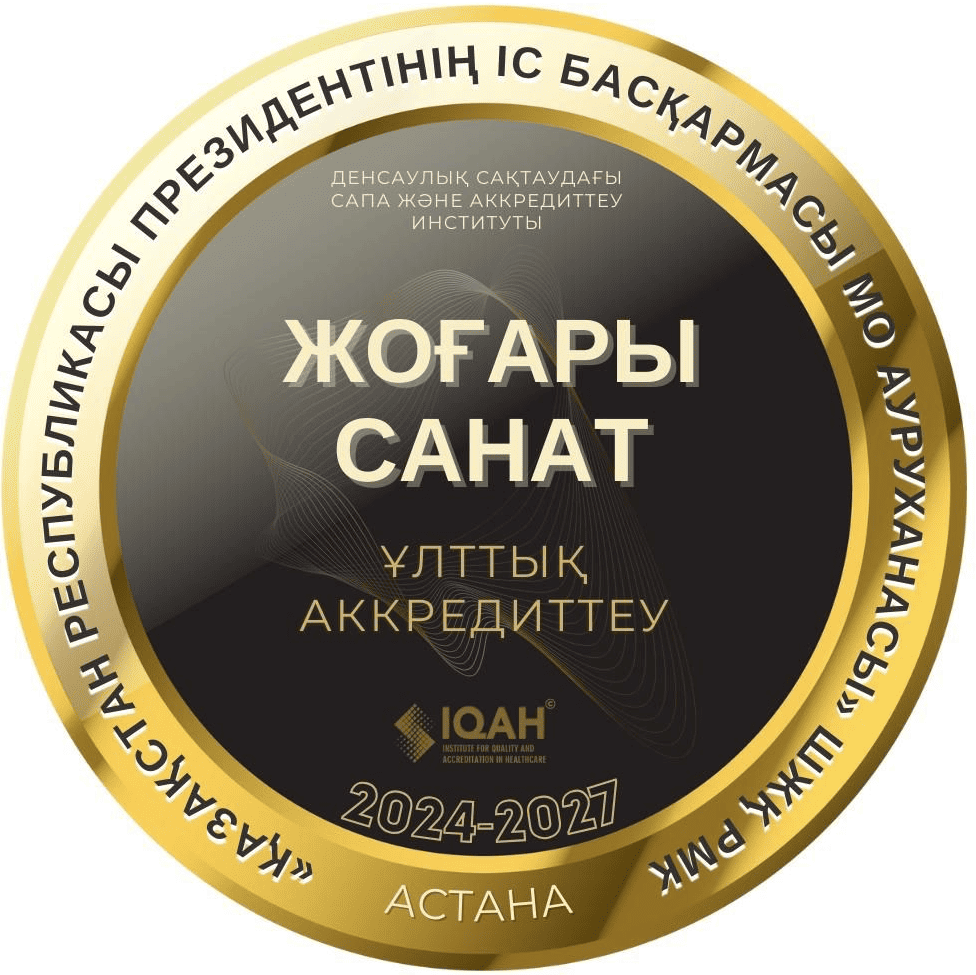Department for Science and Gerontology
The Department for Science and Gerontology was set to work within the Hospital in August 2015.
Department Mission
Conducting scientific research in the field of gerontology and anti-aging medicine to promote healthy aging.
Department Vision
Department for Science and Gerontology, carrying out project, methodological and consultation activities in the field of scientific research (aging biology and age-associated diseases), including clinical drugs and technologies testing.
Objectives of the Department
- Methodological support for specialized scientific research;
- Implementation of own scientific projects in the field of gerontology;
- Attraction of funding resources for the implementation of own scientific research;
- Participation in the development of gerontological care at the level of public authority consultation groups;
- Participation in the development of clinical drug testing
Priority areas in scientific and clinical research
- Molecular biology of aging;
- Study of age8-related diseases;
- Study of the impact of social conditions on the aging processes;
- Study of the impact of clinical drug testing
Current scientific research of the Department
Research grant project on the topic “Assessment of the prognostic value of structural genome variability for the development of coronary heart disease in type II diabetes mellitus in Kazakhs”
Individual registration number АР14872367
Execution period - 2022 -2024
Funding source – Ministry of Science and Higher Education of the Republic of Kazakhstan (contract No. 176/30-22-24 dated October 18, 2022)
The head of the temporary research group – Raushan Karabayeva
The project aims to determine the predictive value of the structural variability of the genome represented 9 single nucleotide polymorphisms (thereafter – SNPs) rs72652411, rs1011970, rs62560775, rs564398, rs10757278, rs4977574, rs1575972, rs1333051, rs2383208, on chromosome segment 9p21.3, for the development of coronary heart disease (thereafter – CHD) with type 2 diabetes (thereafter – T2D) in persons of the Kazakh population.
Project tasks.
- Collection and compilation of phenotypic and genotypic data on 600 study participants.
- Study of phenotype/genotypic associations of study participants with T2D, with CHD, with T2D and CHD, without T2D and CHD.
- Forming conclusions about the prognostic value of the structural variability of the genome, represented by different genotypes of SNPs in the chromosome segment 9p21.3, for the Kazakh population in comparison with other populations. Evaluation of the possibility to consider the chromosomal segment 9p21.3 as a key molecular mechanism of the pathological interaction of coronary heart disease and T2D.
- Development, according to the received scientific data, of recommendations for clinical practice in the Republic of Kazakhstan.
Expected results.
- Based on new scientific data, a potential molecular target for the prevention, diagnosis and treatment of coronary heart disease and T2D in the Kazakh population. The results of the study, which provide new knowledge about the molecular pathway of CHD and T2D, will expand the understanding of common points in pathogenesis and will have an impact on the directions of future research.
- 3 publications in a peer-reviewed scientific publication indexed in the Science Citation Index Expanded of the Web of Science database and (or) having a CiteScore percentile in the Scopus database of at least 35, 1 article in a peer-reviewed foreign or domestic edition recommended by Committee for Quality Assurance in the Sphere of Education and Science, abstracts and 2 reports at international scientific and practical conferences, a patent for a utility model Kazakhstan Patent Office, methodological recommendations.
Contact details: Raushan Karabayeva
+ 7 (7172) 70-80-90, int. number 8003
Research grant project on the topic “Study of associations of some genotypes with Diabetic Cardiovascular Autonomic Neuropathy in the Kazakh population”
Individual registration number АР14871525
Execution period - 2022 -2024
Funding source – Ministry of Science and Higher Education of the Republic of Kazakhstan (contract No. 176/30-22-24 dated October 18, 2022)
The head of the temporary research group –Valeryi Benberin
Project aims to determine the predictive value of the structural variability of the genome, represented by polymorphisms with a previously proven relationship/association with type 2 diabetes (hereinafter – T2D), for the development of cardiovascular diabetic neuropathy in the Kazakh population.
Project tasks.
- Collection and compilation of genotypic and phenotypic data on 400 study participants.
- Formation of a database of phenotypic and genotypic data for each participant of the study and statistical evaluation of phenotype/genotypic associations.
- Epidemiological analysis of the prevalence of the cardiovascular form of diabetic neuropathy (hereinafter - CFDN) among 20,000 individuals of the Kazakh population from among the contingent of MCH PAA.
- Forming conclusions about the prognostic value of the structural variability of the genome, represented by different genotypes, for the development of CFDN in T2D.
Expected results.
- Based on new scientific data, a potential molecular target for the prevention of cardiovascular complications of T2D in the Kazakh population;
- A presentation at an international conference, at least 2 (two) articles and (or) reviews in peer-reviewed scientific journals indexed in the Science Citation Index Expanded of the Web of Science database and (or) with a CiteScore percentile in the Scopus database less than 35 (thirty five); as well as at least 2 (two) articles or reviews in a peer-reviewed foreign or domestic publication recommended by Committee for Quality Assurance in the Sphere of Education and Science of the Ministry of Education and Science of the Republic of Kazakhstan, methodological recommendations
- 3 publications in a peer-reviewed scientific publication indexed in the Science Citation Index Expanded Web of Science database and (or) having a CiteScore percentile in the Scopus database of at least 35, 2 articles in a peer-reviewed foreign or domestic publication recommended by CCES, abstracts and 2 reports on international scientific and practical conferences, methodological recommendations.
Contact details: Valeryi Benberin
+ 7 (7172) 70-80-90, int. number 8102, 8132, 7496
Department specialists:
Valeryi Benberin - Chief of the Department, Academician of the National Science Academy of the Republic of Kazakhstan, Professor, Doctor’s degree in Medical sciences;
Tamara Voshchenkova - Deputy Chief of the Department, Master’s degree in Health management, Doctor of the highest category;
Nazira Bekenova - Head of the clinical research sector in Department, PhD;
Balzhan Kassiyeva - Specialist in the clinical research sector of the Department, Master’s degree in Nursing;
Alisher Aitkaliev - specialist in the clinical research sector of the Department, Master’s degree in biotechnology.




